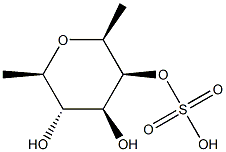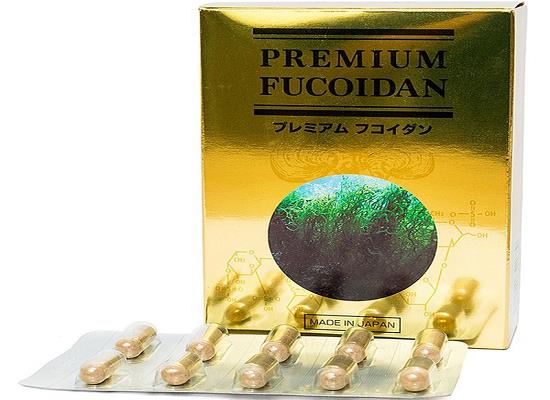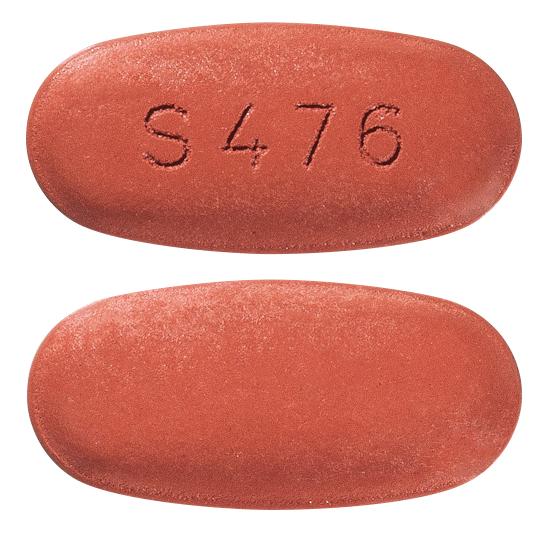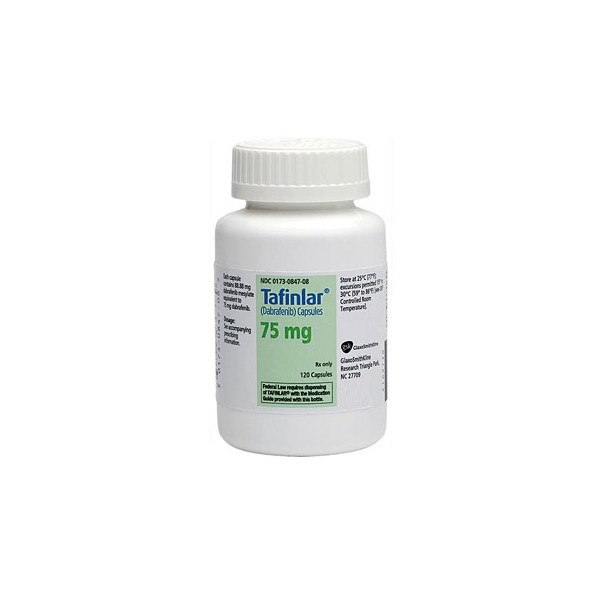The benefits, chemical property, and toxicity of Fucoidan
Description
Fucoidan is a polysaccharide containing substantial contents of fucose and sulfate ester groups, which are constituents of brown seaweed and marine invertebrates, like sea urchins and sea cucumbers. Fucoidan has been used as a medicinal nutritional supplement in Asia for a long time due to its medicinal characteristics, including anti-cancer action.
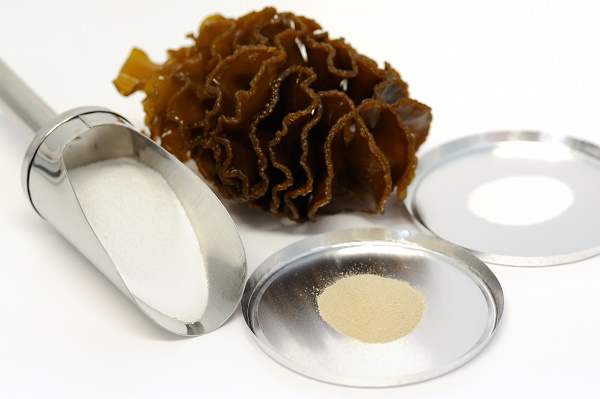
Chemical property
People generally use water, dilute acid, or alkali to extract fucoidan from seaweeds, but these methods usually take a long time and large amounts of reagents[1]. With the advancement of technology, people have improved the extraction methods. Microwave or ultrasound is used to drive the water molecules in cells to vibrate, thereby breaking the cells and improving the efficiency of traditional water extraction method. Enzyme-assistant extraction is to use enzymes to dissolve the cell wall and release the cell contents. This method has high catalytic efficiency and specificity. The fucoidan chemical structure is complicated and contains two major backbones, chains (I) are only formed by (1 → 3)-linked α-L-fucopyranose residues. However, chains (II) consist alternately of (1 → 3) or (1 → 4)-linked α-L-fucopyranose residues. The content of α-L-fucose in fucoidan is 34–44%. Likewise, this substance is composed of monosaccharides (mannose, galactose, glucose, xylose), uronic acids, acetyl groups, and proteins.
Benefits
Fucoidan show a wide spectrum of biological effects, such as anticoagulant and antithrombotic properties, and anti-inflammatory, anti-oxidation, anti-viral, anti-angiogenesis, and anti-Helicobacter pylori. The anticancer activity of fucoidan has been extensively studied, and the earliest research report appeared in the 1980s[2]. Since then, a huge quantity of studies have revealed that fucoidan can directly exert anti-cancer effects through cell cycle arrest, induction of apoptosis, etc., and can also indirectly kill cancer cells by activating natural killer cells, macrophages, etc. Fucoidans also have a variety of immune-modulation effects, such as promoting activation of macrophages, induction of dendritic cells, natural killer cells, and T-cells, and enhancing antiviral responses.
Toxicity
Research has shown that daily oral administration of a certain dose of fucoidan for 1 year is safe and tolerable. In an in vivo experiment in Sprague–Dawley rats, researchers didn't observe significant side effects when taking 0–1000 mg/kg fucoidan orally for 28 days[3]. Then they increased the concentration to 2000 mg/kg, plasma ALT was significantly elevated. In an experiment by Natsumi et al., the subjects took 6 g fucoidan a day for 6–13 months, and no significant adverse reactions were observed.
References
[1] Mathew, Lata , et al. "Preclinical Evaluation of Safety of Fucoidan Extracts From Undaria pinnatifida and Fucus vesiculosus for Use in Cancer Treatment."Integrative Cancer Therapies16.4(2017):572-584.
[2] Lin, Yuan , et al. "The anti-cancer effects of fucoidan: a review of both in vivo and in vitro investigations."Cancer Cell International20.1(2020).
[3]Atashrazm, et al. "Fucoidan and Cancer: A Multifunctional Molecule with Anti-Tumor Potential.".
You may like
Related articles And Qustion
See also
Lastest Price from Fucoidan manufacturers
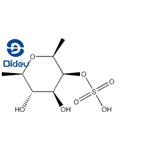
US $0.00/kg2025-11-04
- CAS:
- 9072-19-9
- Min. Order:
- 1kg
- Purity:
- 99%
- Supply Ability:
- 10000KGS

US $0.00-0.00/KG2025-08-26
- CAS:
- 9072-19-9
- Min. Order:
- 1KG
- Purity:
- 99%
- Supply Ability:
- 500kgs/month
